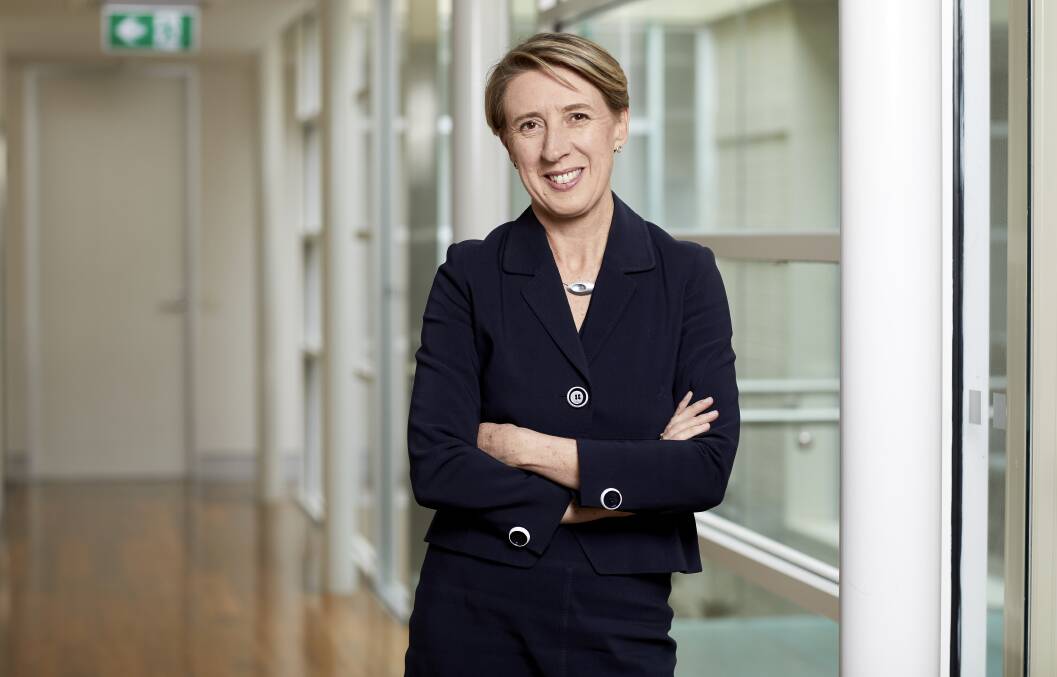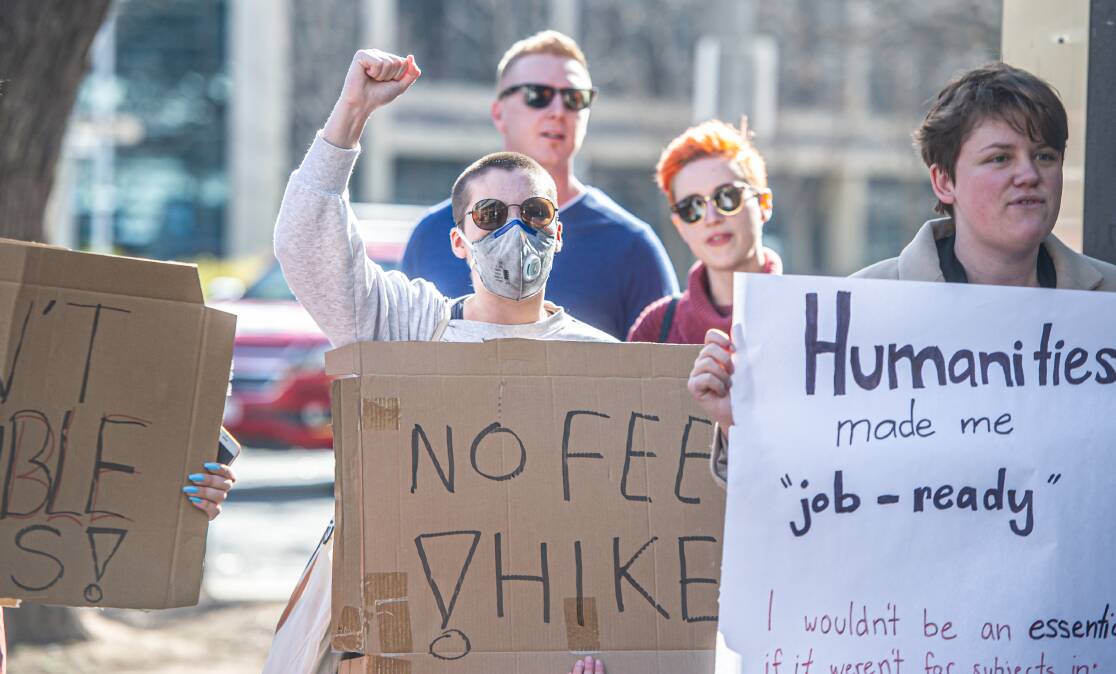
Controversial university funding reforms brought in under the former federal government should be scrapped, the leader of the peak body for universities says.
Universities Australia chief executive Catriona Jackson will tell the Australian Council of Deans of Science conference in Canberra the job-ready graduates reforms need to be overhauled as part of the upcoming universities accord.
"In a changing global environment, we need more university-educated workers, not fewer, to take us forward as a successful and prosperous nation," Ms Jackson will say.
"For that, we need a funding model that ensures Australia can adapt to growing and changing education and skills needs. The current Job-ready Graduates funding model is not it."
It echoes the Productivity Commission's recent interim report on education which found price signals didn't work for steering students into in-demand fields because of Australia's income-contingent loan scheme.
Under the job ready graduates reforms, student fees for humanities courses more than doubled while other courses, such as nursing, teaching and science, were made cheaper.
The reforms have had little impact on student choice but have put more financial strain on universities.
Australian National University vice-chancellor Brian Schmidt previously labelled the scheme an "abysmal failure" which had contributed to massive cuts in science.

Ms Jackson will urge all universities to work together on key messages ahead of the new universities accord with Education Minister Jason Clare.
"The universities accord process presents the most significant opportunity for policy reform in higher education in Australia in almost two decades," she will say.
"Not since the Bradley review, announced in 2008 by the then-Labor government, have we had this sort of opportunity to work with government to shape our future.
"We have waited 14 years. To say it is overdue would be an understatement."
The accord is seen by the sector as a chance to reset the relationship with government and create the policy settings for the coming decades. Vice-chancellors from the Universities Australia membership met in Canberra last week to begin discussing their approach to the accord.
It comes as universities are recovering from the economic shock of the pandemic which slowed the lucrative international student market. The value of education as an expert almost halved from $41 billion in 2019 to $22 billion in 2021.
Student recruitment firms say prospective international student leads are at a 12-year high, suggesting 2023 will be a bumper year, Ms Jackson will say.
We've made it a whole lot easier for you to have your say. Our new comment platform requires only one log-in to access articles and to join the discussion on The Canberra Times website. Find out how to register so you can enjoy civil, friendly and engaging discussions. See our moderation policy here.







